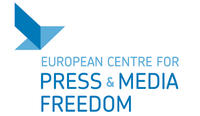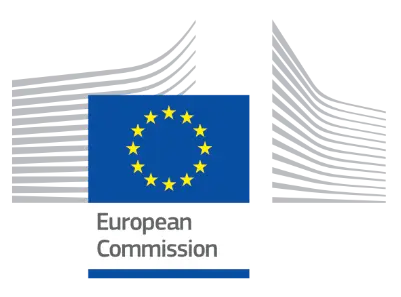Hürriyet Daily attacked for a second time in 48 hours
Rising political tension in Turkey affects media outlets too. On the evening of 8th September, the headquarter of Hürriyet Daily in Istanbul has been attacked for a second time within 48 hours.
Link: Bianet
Hürriyet Daily has been attacked for a second time in 48 hours. On the evening of the 8th of September a group of people who were allegedly supporters of Justice and Development Party (AKP), chanting "Allahu Akbar", forced the door of Hürriyet’s building in İstanbul. The group had come in front of the building by three trucks. After entering the building from the main gate, the perpetrators were thrown out by security guards. Employees said there weren’t enough policemen in front of Hürriyet’s building. Ali Örnek, from Hürriyet Foreign news, said via his twitter account that the policemen came half an hour after the attack. Hürriyet employees told bianet that the number of riot policemen increased when 100-150 people started to shout slogans: ‘Eye for an eye and a tooth for a tooth!’ According to the website of Hürriyet, none of the perpetrators was arrested.
On September 6, perpetrators had already attacked and damaged the building of Hürriyet Daily. One of the perpetrators was AKP İstanbul deputy Abdurrahim Boynukalın. Boynukalın said regardless of the consequences of the general elections which would be held on November 1, they would make Recep Tayyip Erdoğan Head of the State. Sedat Ergin, Editor-in-Chief of Hürriyet told: "They vandalized again. If the President and Prime Minister had condemned the first attack, they couldn’t have attacked for a second time. There weren’t enough policemen. Perpetrators slowly came close to us. The police barricade wasn’t effective. The Government and Minister of the Interior are extremely culpable." He then added: "We won’t make concessions as independent journalists and Hürriyet. We won’t be demoralized due to the oppression. These incidents are temporary. We will determinedly keep on doing our jobs. Let them come to our gates.”
This publication has been produced within the project European Centre for Press and Media Freedom, co-funded by the European Commission. The contents of this publication are the sole responsibility of Osservatorio Balcani e Caucaso and its partners and can in no way be taken to reflect the views of the European Union. The project’s page
Tag: ECPMF






